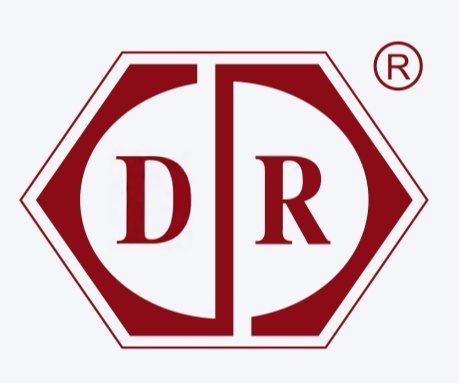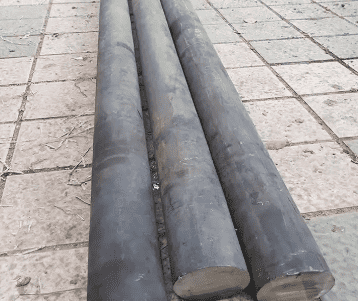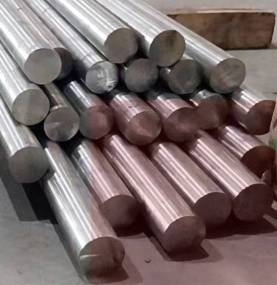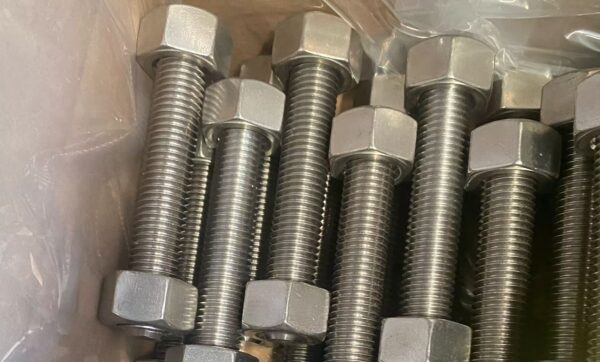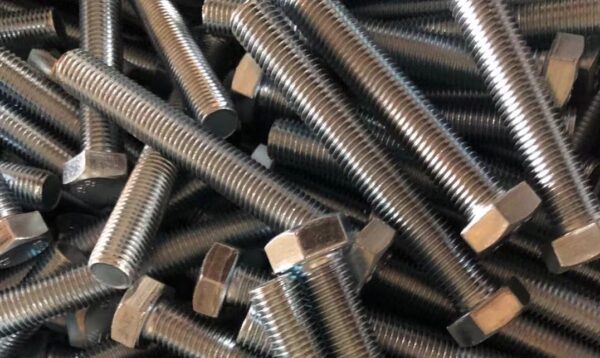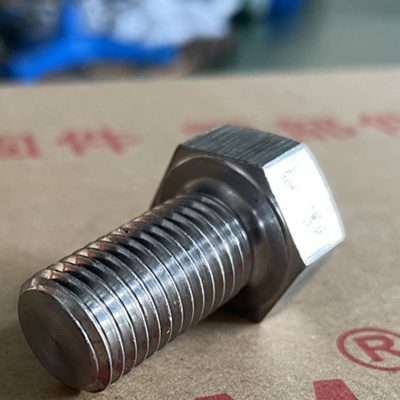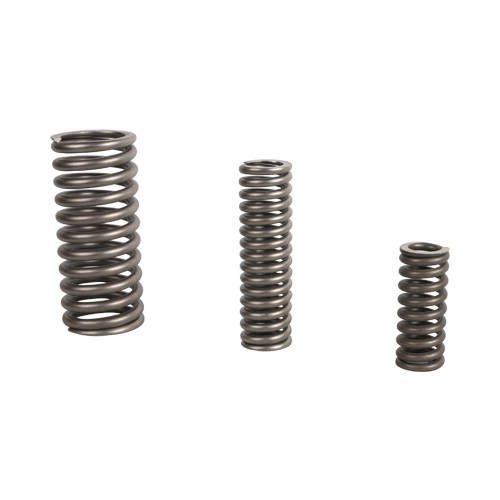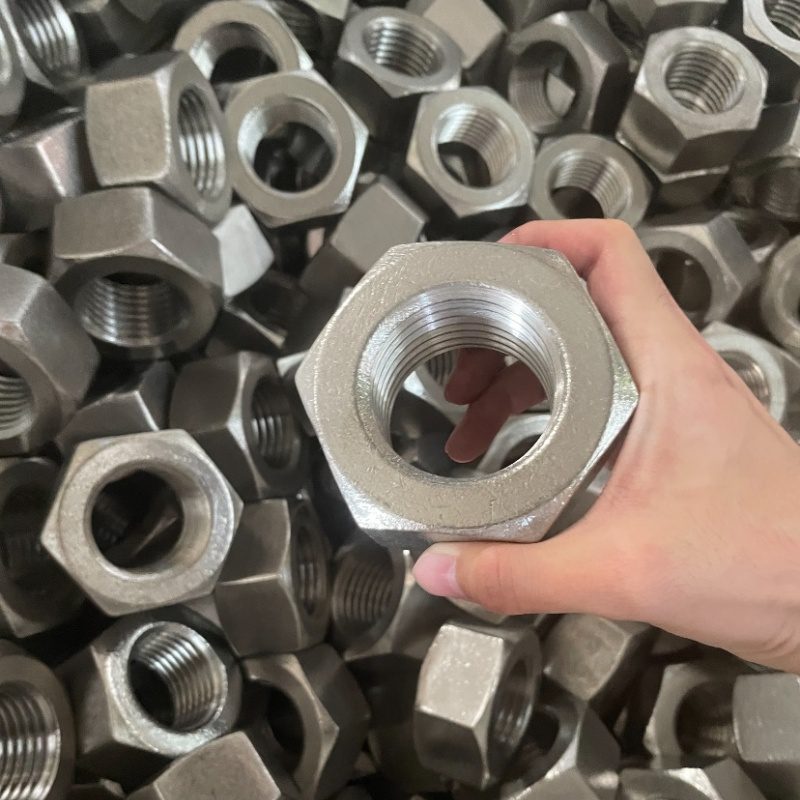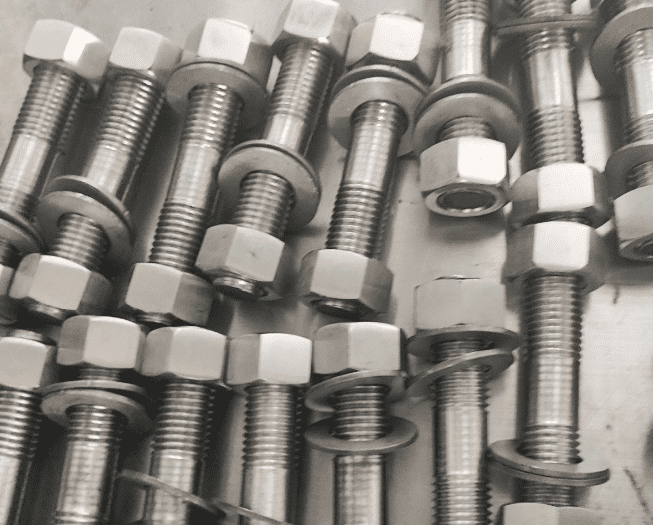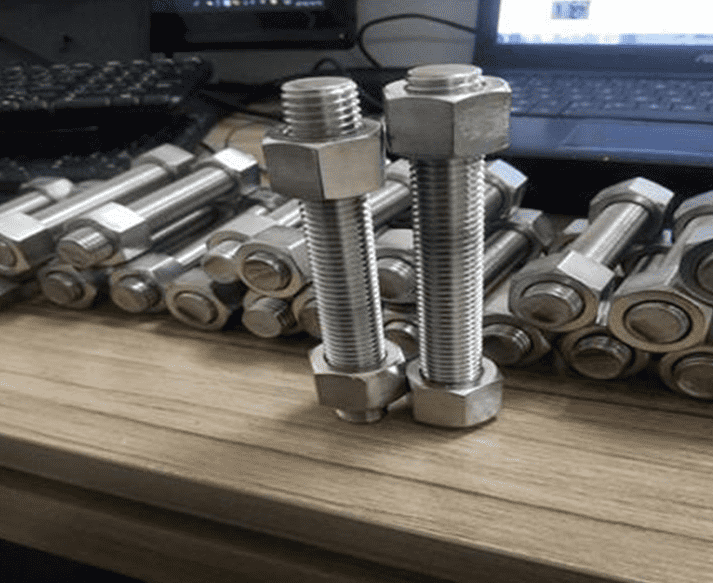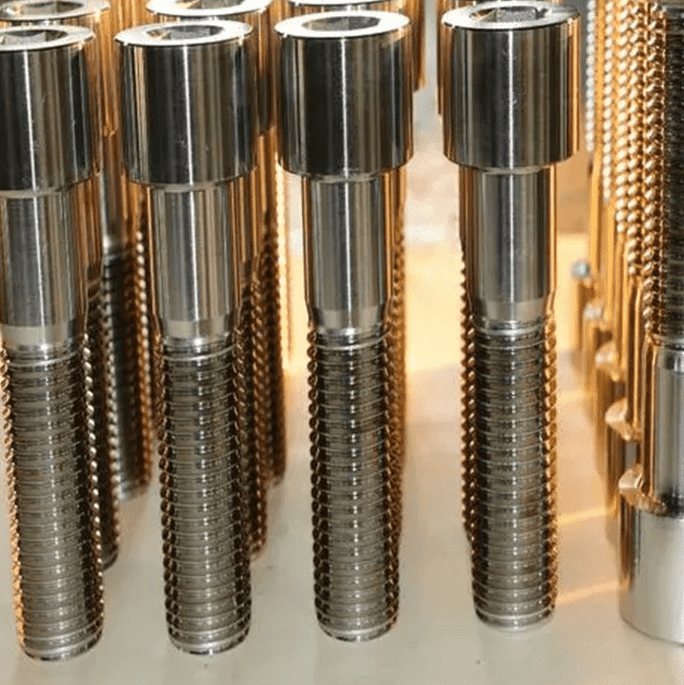Its unique composition includes:
- Chromium (Cr): 16.0-18.0%
- Nickel (Ni): 6.5-7.5%
- Aluminum (Al): 0.75-1.50%
- Columbium (Cb) + Tantalum (Ta): 0.15-0.45%
- Carbon (C): ≤0.09%
- Additional Elements: Manganese (Mn) ≤1.0%, Silicon (Si) ≤1.0%, Phosphorus (P) ≤0.04%, Sulfur (S) ≤0.03%, and trace amounts of other elements for optimal performance12.
Physical & Mechanical Properties:
- Density: 7.9 g/cm³
- Tensile Strength: Ultimate tensile strength (UTS) can reach up to 1400 MPa in the aged condition.
- Yield Strength: Typically around 1100 MPa in the aged condition.
- Elongation: Approximately 10% in the aged condition.
- Hardness: Can achieve Rockwell C hardness of up to 45 HRC after aging.
Product Performance Highlights
High Strength & Toughness:
- 17-7PH offers a unique combination of high strength and toughness, making it suitable for applications requiring both mechanical integrity and durability12.
Excellent Corrosion Resistance:
- The high chromium and nickel content provide excellent resistance to corrosion in a variety of environments, including atmospheric, aqueous, and mild acidic conditions12.
Good Magnetic Properties:
- 17-7PH can be easily magnetized and demagnetized, making it suitable for applications requiring magnetic properties12.
Precipitation Hardening:
- The alloy can be heat-treated to achieve various levels of strength and hardness through precipitation hardening, allowing for customization based on specific application requirements12.
Production Methods
17-7PH round bars are produced through a meticulous process to ensure consistent quality and performance:
Melting & Casting:
- High-quality raw materials are melted in an electric arc furnace (EAF) or induction furnace, and then cast into ingots or billets.
Hot Working:
- The ingots or billets are hot-worked (e.g., hot rolled, forged) into the desired shape and size, typically round bars.
Solution Treatment:
- The hot-worked material is then solution-treated (heated to a high temperature and quenched) to form a homogeneous austenitic microstructure.
Cold Working (Optional):
- For additional strength, the solution-treated material may be cold-worked (e.g., cold drawn) to achieve the desired final dimensions and properties.
Precipitation Hardening:
- The material is then aged at a specific temperature for a specified time to precipitate fine particles, resulting in increased strength and hardness.
Final Finishing:
- The round bars are sawed, turned, ground, and polished to meet customer specifications.
Equivalent Grades & Standards
- UNS S17700
- ASTM A693, ASTM A564, ASTM F899
- AMS 5528, AMS 5529 (for aerospace applications)
- DIN 1.4568
- SUS 631
Key Application Fields
17-7PH round bars are widely used in industries requiring high strength, corrosion resistance, and good magnetic properties:
Aerospace:
- Fasteners, springs, and other components requiring high strength and corrosion resistance in harsh environments.
Medical:
- Surgical instruments, orthopedic implants, and dental devices due to its biocompatibility and corrosion resistance.
Oil & Gas:
- Valves, fittings, and other components exposed to corrosive media and high pressures.
Automotive:
- High-performance engine components, suspension systems, and other critical parts requiring strength and durability.
Industrial:
- Pump shafts, gear shafts, and other mechanical components requiring a combination of strength, toughness, and corrosion resistance.
- 17-7PH Round Bar Supplier
- UNS S17700 Precipitation-Hardening Stainless Steel
- High-Strength Stainless Steel Round Bar
- 17-7PH vs 304 Stainless Steel
- Aerospace-Grade 17-7PH Rod
- Medical-Grade 17-7PH Applications
- ASTM A693 17-7PH Round Bar
17-7PH round bars offer a unique combination of high strength, corrosion resistance, and good magnetic properties, making them an ideal choice for a wide range of applications. For more information or to place an order, contact a reputable supplier specializing in premium stainless steel alloys.
